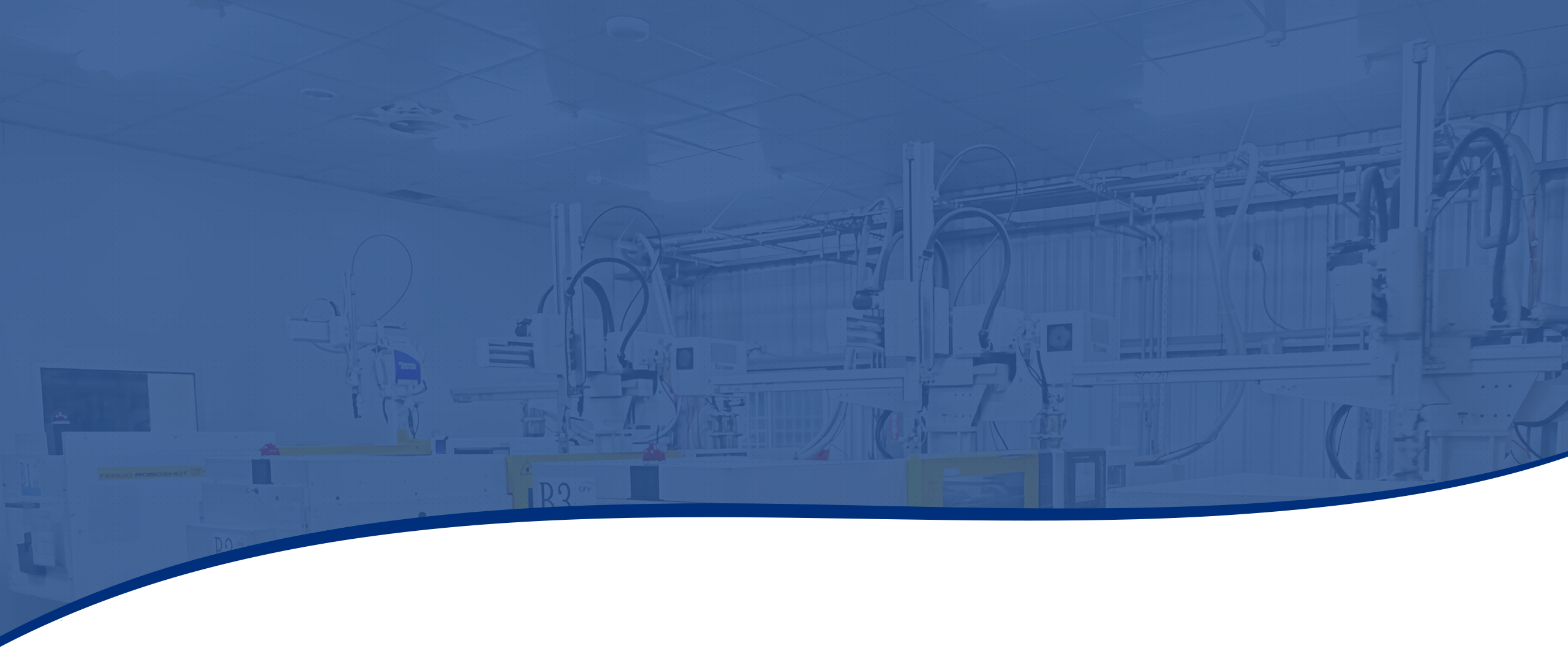Applications of CNC Machining in the Medical Industry
- Surgical Instruments
Precision tools such as scalpels, forceps, clamps, and scissors.
Custom tools designed for specific surgical procedures. - Orthopedic Implants
Joint replacements such as hip and knee implants.
Plates, screws, and rods used in bone fracture repair.
Orthopedic implants, including hip and knee replacements, are manufactured using CNC machining to achieve the complex geometries and tight tolerances required for these critical components. The ability to work with biocompatible materials such as titanium and PEEK ensures that these implants can safely integrate with the human body, providing patients with durability and comfort.
- Dental Components
Crowns, bridges, and dental implants.
Orthodontic devices such as braces and retainers. - Prosthetics
Custom prosthetic limbs and components tailored to individual patients.
Parts for bionic prosthetics incorporating advanced electronics. - Diagnostic Equipment
Parts for imaging machines like MRI, CT scanners, and ultrasound devices.
Precision components for laboratory instruments used in diagnostics. - Housings and Enclosures
Protective cases and housings for sensitive medical equipment.
Sterilizable cases that comply with medical standards.
Benefits of CNC Machining in the Medical Industry
- Precision and Accuracy
CNC machining ensures that medical components meet stringent tolerances, which is critical for patient safety and device functionality. - Customization
Allows to produce customized implants and prosthetics tailored to the anatomical specifics of individual patients. - Complex Geometries
Capable of producing complex shapes and structures that are often required in medical devices. - Material Versatility
Works with a variety of biocompatible materials such as titanium, stainless steel, medical-grade plastics, and ceramics. - Consistency and Repeatability
Ensures high consistency and repeatability across multiple production runs, which is essential for maintaining the quality of medical products. - Speed and Efficiency
CNC machining can rapidly produce components, which is vital in meeting the urgent demands of the healthcare industry. - Materials Used in Medical CNC Machining
The choice of materials in medical CNC machining is crucial as they must meet specific requirements for medical applications, including biocompatibility, strength, and corrosion resistance. - Metals
Metals are widely used in medical CNC machining due to their strength, durability, and biocompatibility.
Key Metals Include:
- Stainless Steel (e.g., 316L, 304)
Stainless steel is favored for its corrosion resistance and is commonly used in surgical instruments, implants, and diagnostic equipment. - Titanium (e.g., Ti 6Al-4V)
Known for its strength, light weight, and biocompatibility, titanium is ideal for orthopedic implants and surgical tools. - Cobalt-Chrome Alloys (e.g., CoCr)
Cobalt-chrome alloys have excellent wear resistance and are used for high-stress implants, such as hip and knee replacements. - Aluminum (e.g., Al 6061, Al 7075)
Aluminum is used for non-implantable medical devices and equipment housings due to its light weight and corrosion resistance. - Nickel-Titanium Alloy (Nitinol)
Nitinol is known for its superelasticity and shape memory, making it suitable for stents, catheters, and orthodontic devices.
Plastics
Plastics are chosen for their versatility, chemical resistance, and ease of sterilization. Important plastics in medical machining include:
- PEEK (Polyether Ether Ketone)
PEEK is used in implants and surgical instruments due to its high strength, chemical resistance, and biocompatibility. - Polycarbonate (PC)
Polycarbonate is favored for its transparency and impact resistance, often used in medical device housings and protective shields. - Polyethylene (e.g., UHMWPE)
UHMWPE is widely used in orthopedic implants for its wear resistance and low friction properties. - Polypropylene (PP)
Polypropylene is used in containers, tubing, and non-implantable components for its chemical resistance and flexibility. - Acrylic (PMMA)
Acrylic is used for lenses, diagnostic equipment parts, and surgical instrument handles due to its transparency and ease of manufacturing. - PTFE (Polytetrafluoroethylene)
PTFE is selected for its low friction and chemical resistance, used in catheters, gaskets, and seals.
Ceramics
Ceramics are used in medical CNC machining for their biocompatibility, hardness, and wear resistance. Key ceramics include:
- Alumina (Aluminum Oxide)
Alumina is used in dental and orthopedic implants for its hardness and biocompatibility. - Zirconia (Zirconium Dioxide)
Zirconia is favored in dental crowns and implants for its strength and aesthetic appeal. - Silicon Nitride
Silicon nitride is used in spinal and orthopedic implants for its wear resistance and biocompatibility.
These materials ensure that medical CNC machined components meet the rigorous standards required for medical applications, providing the necessary performance, safety, and longevity.
The Importance of Precision in Medical Equipment
In the medical field, precision is non-negotiable. Whether it's prosthetic joints, dental implants, or surgical instruments, each component must meet strict specifications. Medical CNC machining ensures precision and quality control, which are crucial for safe and effective patient equipment. Here are the reasons why precision is critical for CNC machining of medical equipment:
- Patient Safety:
When understanding the importance of the precision required for using CNC machine tools in medical equipment, this is the most obvious factor to consider. Inaccurate or poorly manufactured medical devices can pose serious risks to patients, potentially leading to complications, infections, or treatment failures. CNC machining ensures precise specifications, thereby minimizing these risks. - Durability:
Medical equipment must withstand the rigorous use within the human body. Precision manufacturing ensures that these devices have the necessary strength and longevity to perform their intended functions. Using CNC machine tools allows for the creation of small parts from robust materials, ensuring the durability, safety, and reliability of any manufactured medical equipment.





